After what seems like decades of pontificating and delay, the Department’s proposals around a TB eradication strategy for NI are to be welcomed.
For farmers, the reality is that many of the proposals will be quite unpalatable, none more so than the plan to put a cap on stock values and cut payments for reactor animals.
It is essentially a policy designed to deter a small minority of farmers, who are ruining it for everyone else and should be in front of the courts.
In particular, a different system needs to be found for farmers who have multiple reactors at a test, or even have their whole herd depopulated
For the vast majority, a reactor is the last thing they want, and no compensation would ever make up for the loss of stock or the hassle associated with the extra testing.
With the Department planning on implementing a 25% cut for each reactor animal from year two of its new policy, it is surely not tenable that this is applied in all situations.
In particular, a different system needs to be found for farmers who have multiple reactors at a test, or even have their whole herd depopulated.
Up to this point the position of the Ulster Farmers’ Union has been that it would only ever accept cuts to compensation once meaningful wildlife intervention is in place.
Badgers are by no means the only cause of TB, but it is clear that they are part of the problem
Just how quickly the Department can get a badger cull off the ground remains to be seen, but the initial reaction from local wildlife groups to the prospect of a limited badger cull, while predictable, is also disappointing.
Badgers are by no means the only cause of TB, but it is clear that they are part of the problem. It is also clear that trapping them, testing for TB, vaccinating healthy ones and culling those infected with TB (the TVR approach) is not a practical solution.
In the five years of the TVR project across 100km2 of Co Down just 108 badgers were culled. It is labour intensive, expensive and would have minimal impact if rolled out more widely.




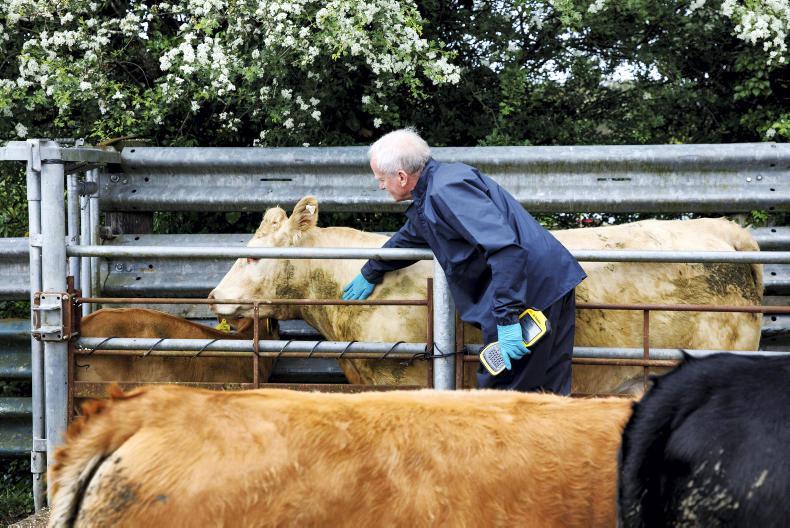
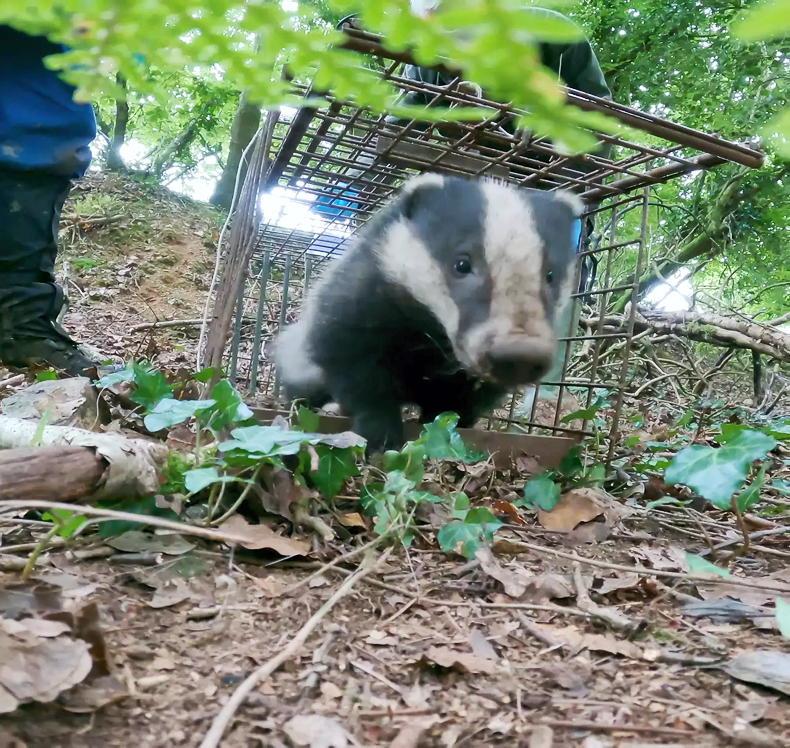

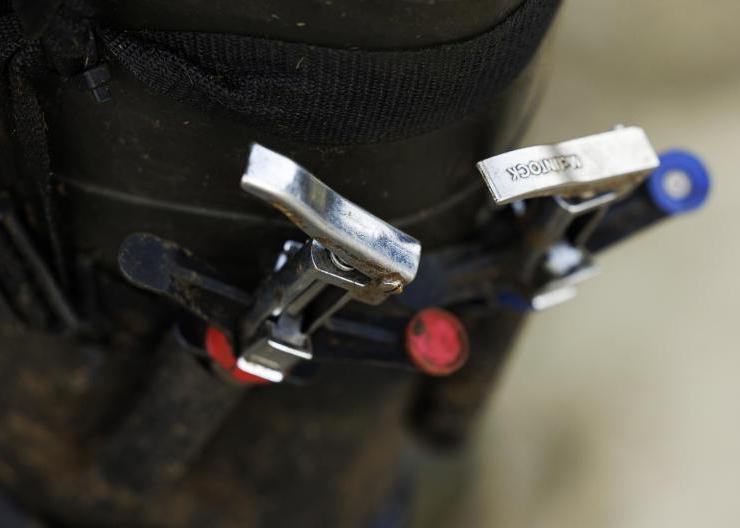
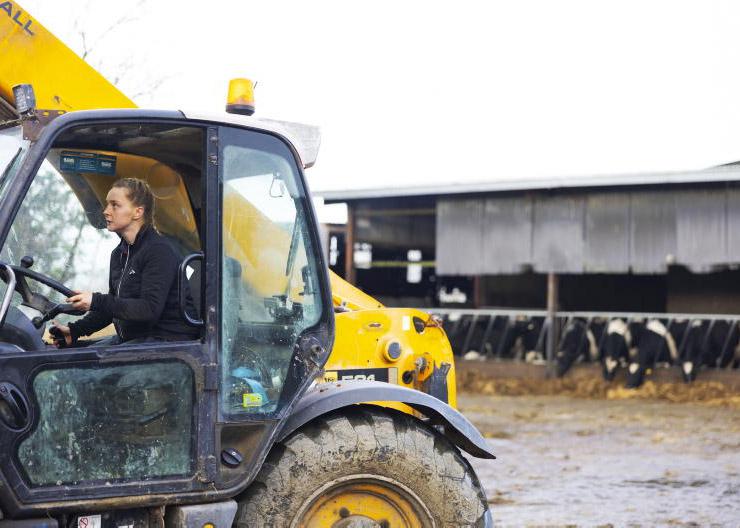
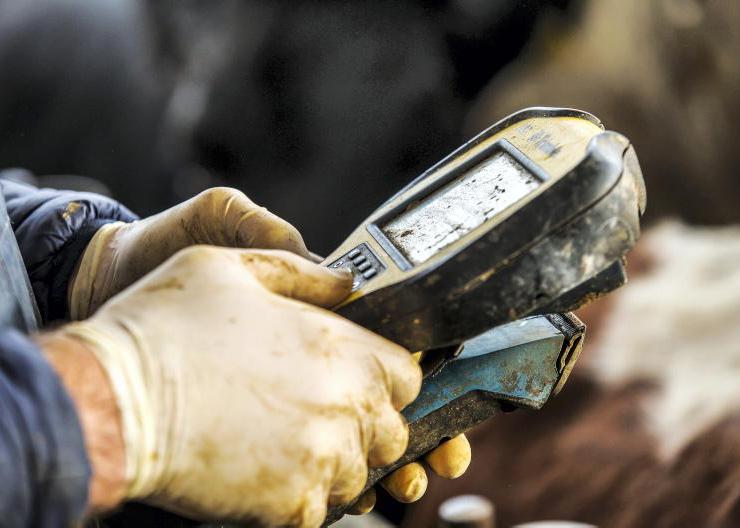
SHARING OPTIONS